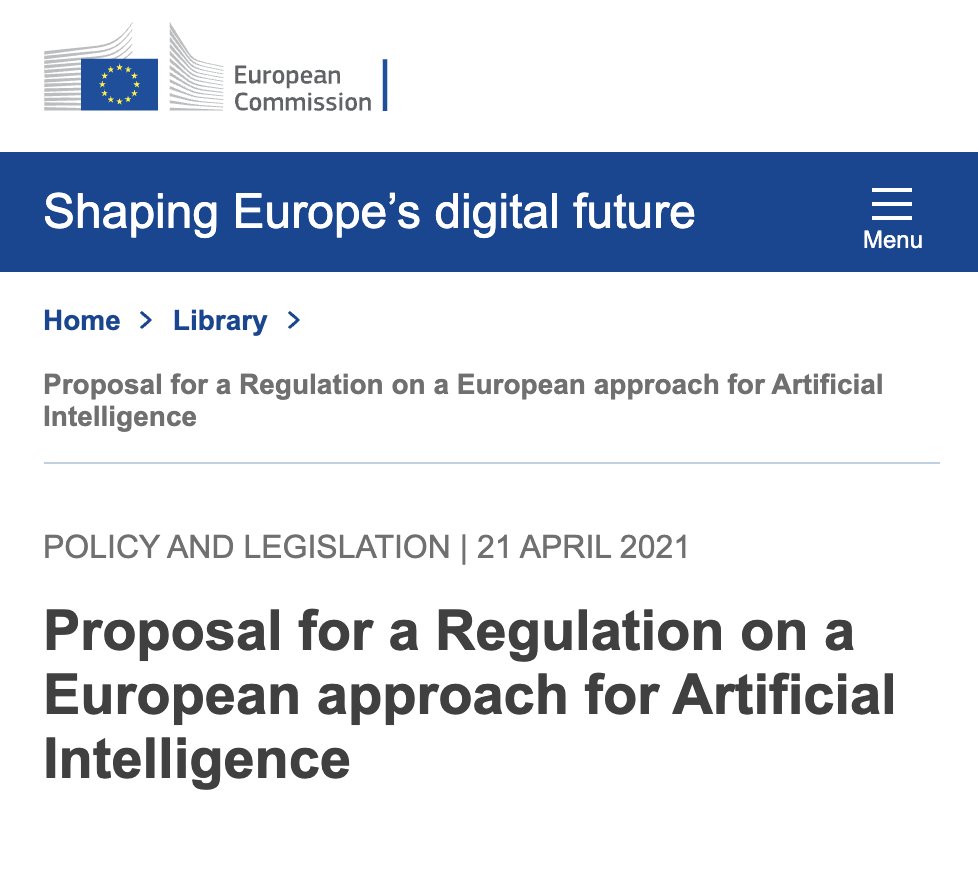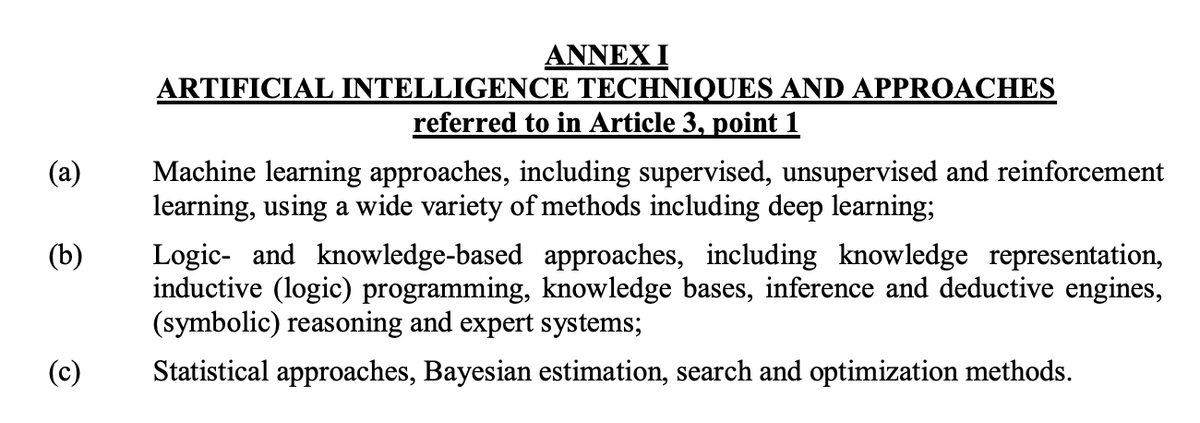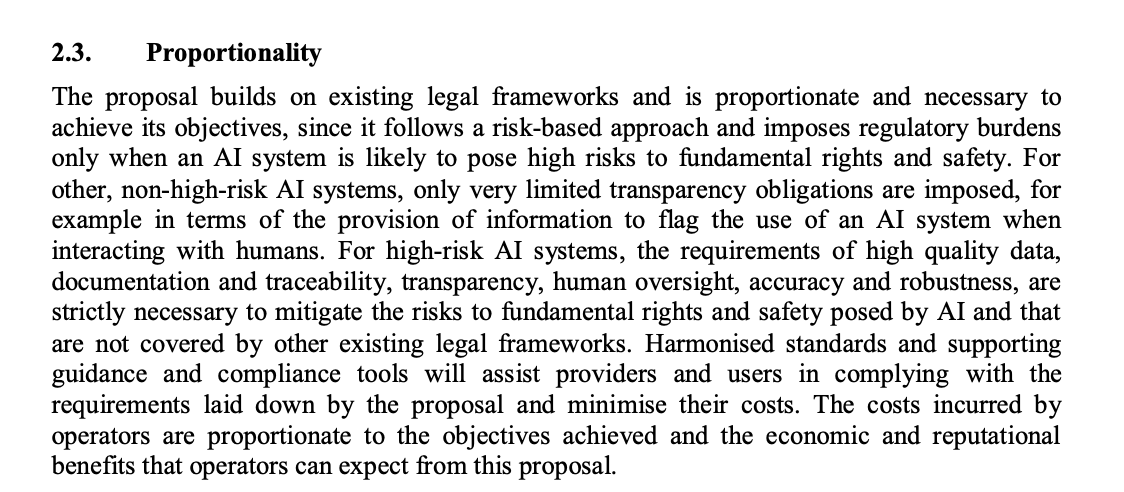
My experience using Facebook has been quite different over the last year. I have posted primarily personal & life content to many people, most of whom I've met in person. As a result, I am not getting much political content in my feed. I understand the problem but don't relate.⬇️
Facebook is the only place where I interact with distant cousins and aunts, many of advanced age. It is not a colosseum like Twitter. But the place where family and friends can "spy" on you.
So after 16 years in America, I have to ask: is it just Facebook? Or is it loneliness?
So after 16 years in America, I have to ask: is it just Facebook? Or is it loneliness?
Some content has to be shoveled into your feed. If you cannot flood your feed with content from people you know, your feed will be populated with content that people shared. And non-viral and viral content look a bit different
Like a sewer of hatred. Much viral content is made of accusations and fears. Moreover, the whole political apparatus is just trying you to share staff (Bitter, Batter, Butter, anyone?). So you need to flood the sewer. To swamp it with content from close relationships.
I understand FB has a lot of problems (fuck Facebook). It will probably be the subject of many more movies. But that's another point. My point is that I know what it is to live in a country where many people's only housemate is a pet, and they have no family in the city.
I've been seen the wacky neighbors. The loners. The shut-ins. The hoarders. I opened my door at 8AM on a Thanksgiving day when a neighbor woke us up buzzing desperately for not having been paid attention to by anyone for months.
I love America. It is my second place of origin. I have some amazing friends there and I owe it much of my career. But there is something somber in the loneliness I see out the window. Not everyone has friends.
So yes, fuck Facebook, but remember that we are the society. We are the only ones that can flood the swamp. Physically or digitally. The machine is just here to route our calls. Let's make them count. Flood the sewer with family and friendship.
• • •
Missing some Tweet in this thread? You can try to
force a refresh












